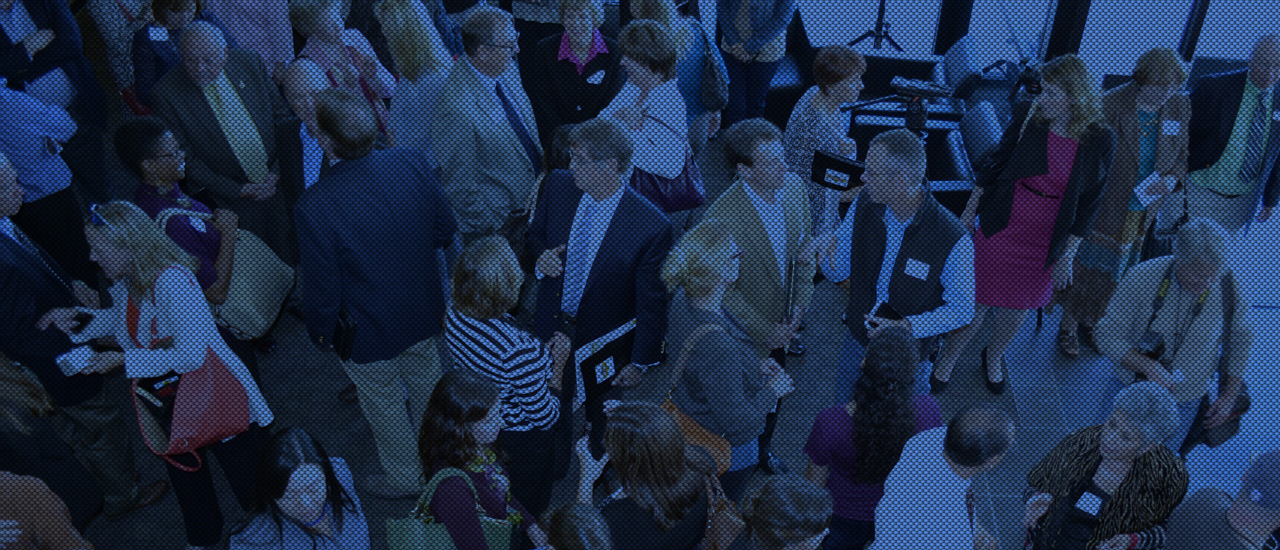
Biased Targeting

The most vaguely defined and haphazard of the [FBI’s] COINTELPRO operations was that initiated against the 'New Left' in May 1968… The lack of any clear definition of 'New Left' meant, as an FBI supervisor testified, that 'legitimate' and nonviolent antiwar groups were targeted because they were 'lending aid and comfort' to more disruptive groups. Further directives urged field offices to 'vigorously and enthusiastically' gather information on the 'immorality' and the 'scurrilous and depraved' behavior, 'habits, and living conditions' of the members of the targeted groups...to remain alert for and seek specific data depicting the 'depraved nature and moral looseness of the New Left' and to 'use this material in a vigorous and enthusiastic approach to neutralizing them.'
DESCRIPTION
The government sometimes uses surveillance as a tool to control individuals, groups, or social movements it considers disruptive or unwholesome. When discriminatory investigations are ordered from the top, they can poison the culture of whole agencies and quickly spin out of control.
When police target social activists, religious groups, or whole ethnic or racial communities for surveillance, discriminatory acts often follow. According to the Church Committee that investigated the federal government’s surveillance of anti-war “New Left” groups in the 1960s, FBI headquarters urged agents to use the surveillance information they collected to actively interfere with their activities. The tactics they recommended including spreading leaflets featuring “obnoxious pictures” of prominent organizers; “instigating personal conflicts or animosities” between anti-war leaders; sending anonymous letters about a student’s activities to “parents, neighbors, and the parents’ employers”; and spreading petty “misinformation,” like telling members that events or activities were canceled. FBI officials even suggested “creating the impression that leaders [were] informants” for law enforcement.
Pervasive police surveillance, when directed toward a particular class of people and not connected to any particular crime, is a tool of discrimination. The mere fact of being under persistent surveillance stigmatizes individuals, discredits legitimate groups, and sows mistrust in whole neighborhoods and communities. The pressure and paranoia it stokes undermines the social trust necessary to engage in social organizing, business, community worship, and political dissent. The powerful surveillance technology and massive data banks available to police today deepen the danger that discriminatory surveillance, intelligence, and “neutralization” programs pose to our freedom and our communities.
Examples of Use
Recommendations
When government agencies consider acquiring and using surveillance systems, communities and their elected officials must both weigh the benefits against the costs to civil liberties and carefully craft policies and procedures that help to limit the negative effects that surveillance will have on fundamental rights. For a useful list of considerations, please visit the recommendations page.
